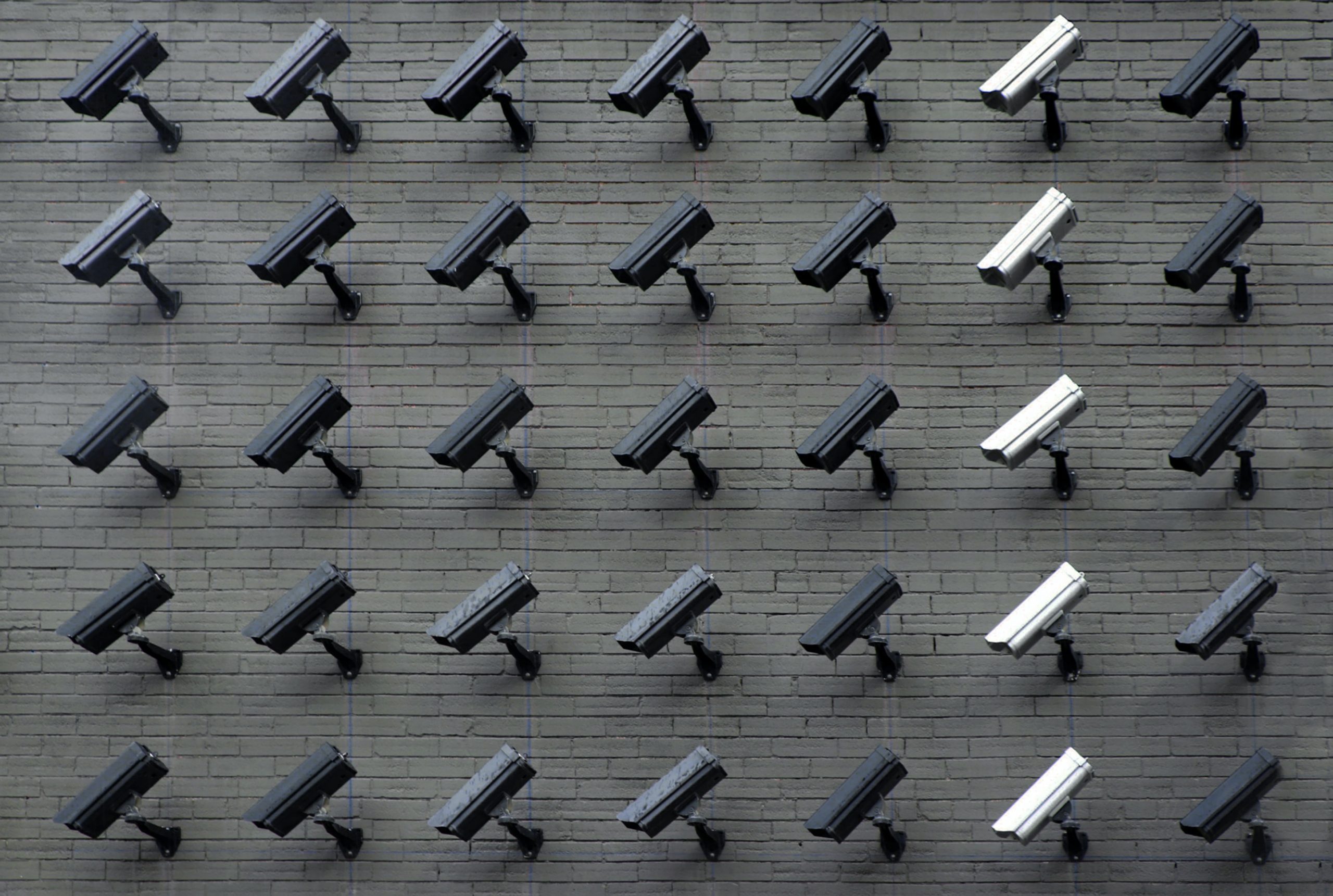
Democratizing Police Adoption of Surveillance Technology
Summary
The next administration should help local communities reassert control over police use of surveillance technology. It should support legislation requiring that the use of all federally- funded surveillance technology be approved by local elected representatives through a public process, and that this use be constrained by a formal policy delineating the situations in which it will be used, how the data it generates will be handled and secured, and how its effectiveness will be evaluated. If new legislation is not forthcoming, then the next administration should empower local initiatives through a pledge program in which leading local law enforcement authorities voluntarily agree to take these steps.
Today local law enforcement agencies obtain cutting edge — and potentially intrusive — surveillance equipment without the knowledge of elected leaders and the general public, sometimes leading to a rejection of the technology once the public discovers it. In Oakland, for example, following a council review that lasted only two minutes, the city created a data integration center that networked together all of its existing surveillance infrastructure. Once the public learned of the center, protests broke out and council meetings were flooded with angry residents. The backlash was so severe that the city ultimately largely gutted the center, even though millions in federal funding had already been spent on its development.
Federal funding is a major driver of uninformed and undemocratic adoption of surveillance technology at the local level. The Federal Government funds billions of dollars in grants to local law enforcement agencies, money that can then be used to purchase surveillance equipment. But the government does not take steps to ensure that local elected representatives and members of the public are involved in decisions about what technologies are acquired, or that protocols are developed to constrain how the technologies are used.
The Federal Government has a responsibility to intercede to make sure that local elected representatives are aware of and have control over how federally-funded surveillance equipment is used in their communities. Transparency is particularly important for surveillance technology because this equipment is often invisible. People cannot challenge deployment of surveillance technology in court or through public processes if they do not know about it. Moreover, surveillance technologies can be invasive, with potentially harmful effects on civil rights and liberties. Particularly given today’s high level of concern over policing practices, the Federal Government should not be undermining the ability of local communities to assert democratic control over their police departments.
Some cities and counties have passed ordinances requiring that their law enforcement agencies seek approval to deploy surveillance technology, demonstrating the feasibility and desirability of such measures. But with some 18,000 law enforcement agencies nationwide, only the Federal Government can implement a solution at scale.
To understand the range of governmental priorities for the bioeconomy, we spoke with key agencies represented on the National Bioeconomy Board to collect their perspectives.
Congress should foster a more responsive and evidence-based ecosystem for GenAI-powered educational tools, ensuring that they are equitable, effective, and safe for all students.
Without independent research, we do not know if the AI systems that are being deployed today are safe or if they pose widespread risks that have yet to be discovered, including risks to U.S. national security.
Companies that store children’s voice recordings and use them for profit-driven applications without parental consent pose serious privacy threats to children and families.